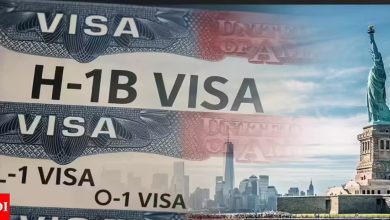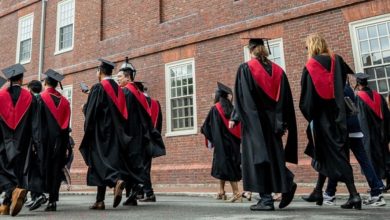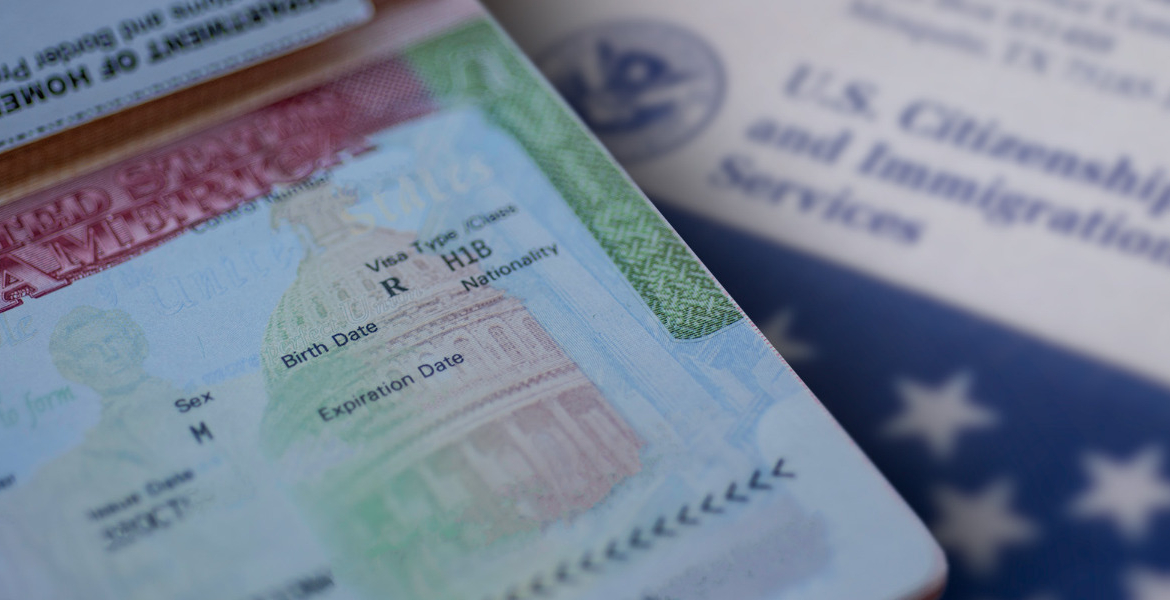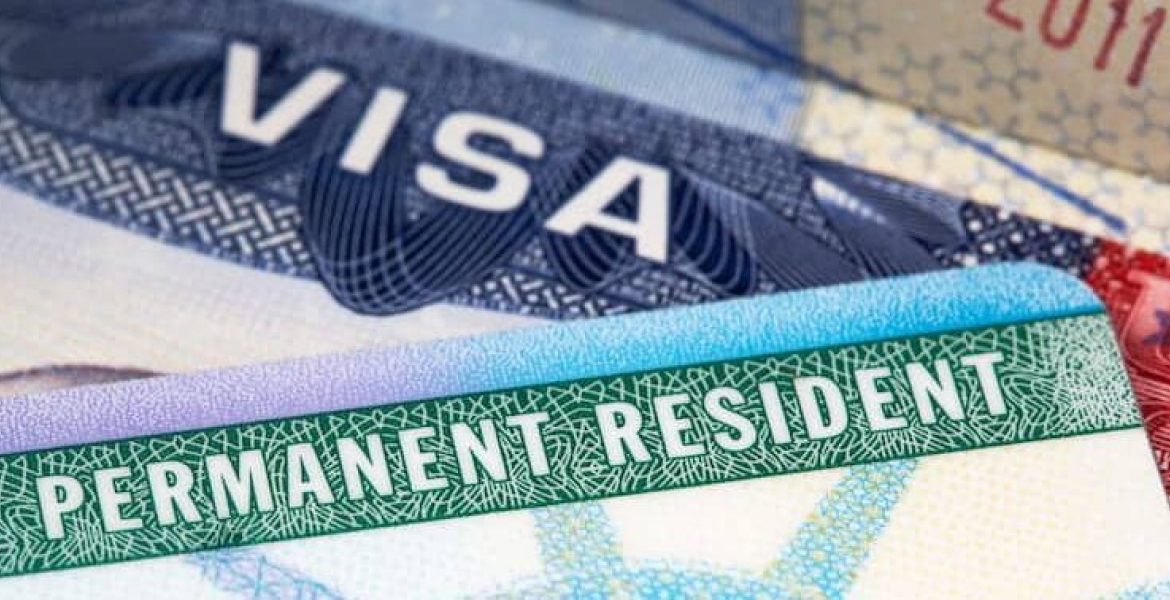H-1B Visa Bill Proposes Ending Lottery and OPT Program for Foreign Workers
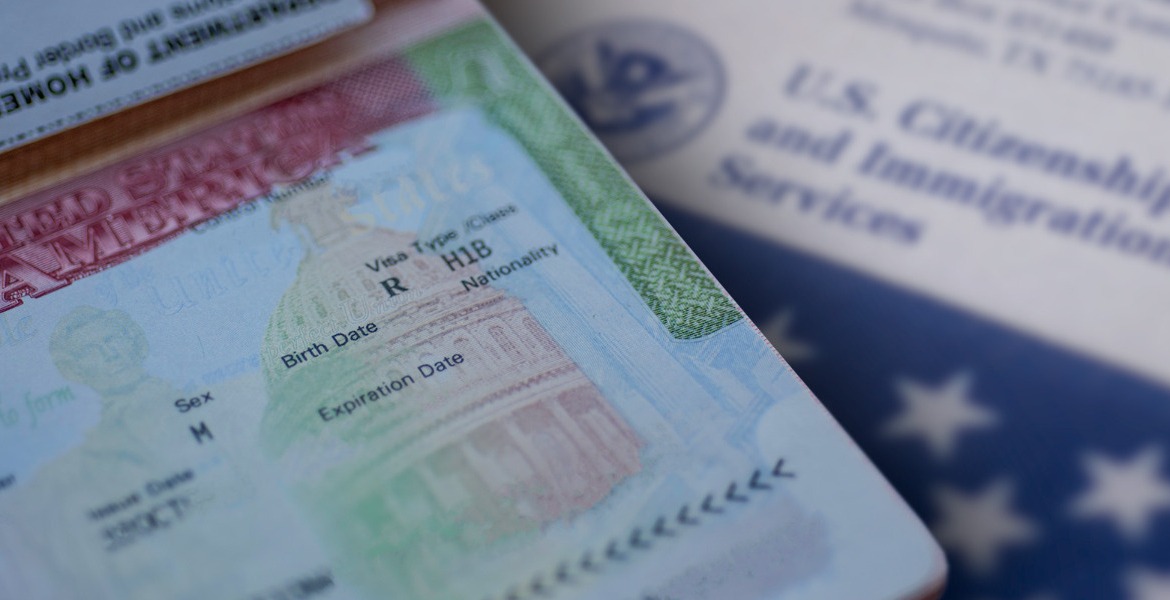
A new bill introduced in the US Congress aims to significantly tighten rules for hiring foreign workers under the H-1B visa system, raising wage requirements, restricting student work programmes, and replacing the current lottery system with a pay-based selection model.
The American Tech Workforce Act, led by Republican Senator Jim Banks, proposes raising the minimum salary for H-1B visa holders from $60,000 to $150,000. Supporters argue this change would discourage companies from hiring lower-paid foreign workers instead of American employees.
The bill also seeks to end the Optional Practical Training (OPT) programme, which currently allows international students on F-1 visas to work in the US before or after graduation. The legislation introduces a new wage standard requiring employers to offer H-1B workers either a minimum of $110,000 per year, adjusted for inflation, or match the highest salary paid to a US employee in a comparable role within the past two years.
This measure is intended to prevent companies from using internal pay scales or local wage averages to offer lower salaries to visa holders. Additional provisions target outsourcing and third-party placements. Under the proposal, visas would be limited to one year for roles involving external client sites.
The bill also removes certain protections that ensure foreign workers do not negatively affect the working conditions of US employees. A major change in the visa allocation process would eliminate the current randomised lottery. Instead, applications offering higher salaries would receive priority under a merit-based system.
Senator Banks said that the bill is meant to address what he describes as widespread misuse of the visa system by large corporations. He accused firms of favouring cheaper foreign labour over domestic workers. Microsoft was cited as an example, reportedly applying for over 5,000 H-1B visas while laying off thousands of American employees in 2025.
The H-1B and OPT programmes together support roughly one million foreign graduates, many of whom work in technology, finance, and healthcare. While these programmes offer pathways to long-term employment or residency, critics say they create a workforce that is more compliant and less likely to challenge employers, which could impact working conditions and innovation.
The bill also highlights concerns over outsourcing firms, particularly those based in India, that are said to benefit most from the current visa system. Senator Banks described these firms as operating under poor labour standards with limited oversight.

